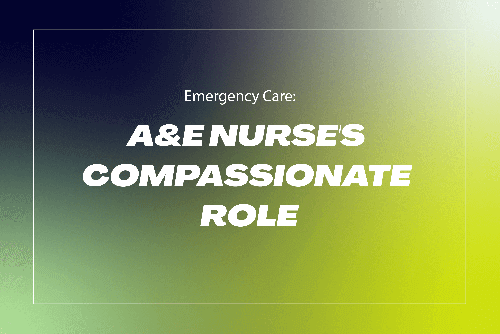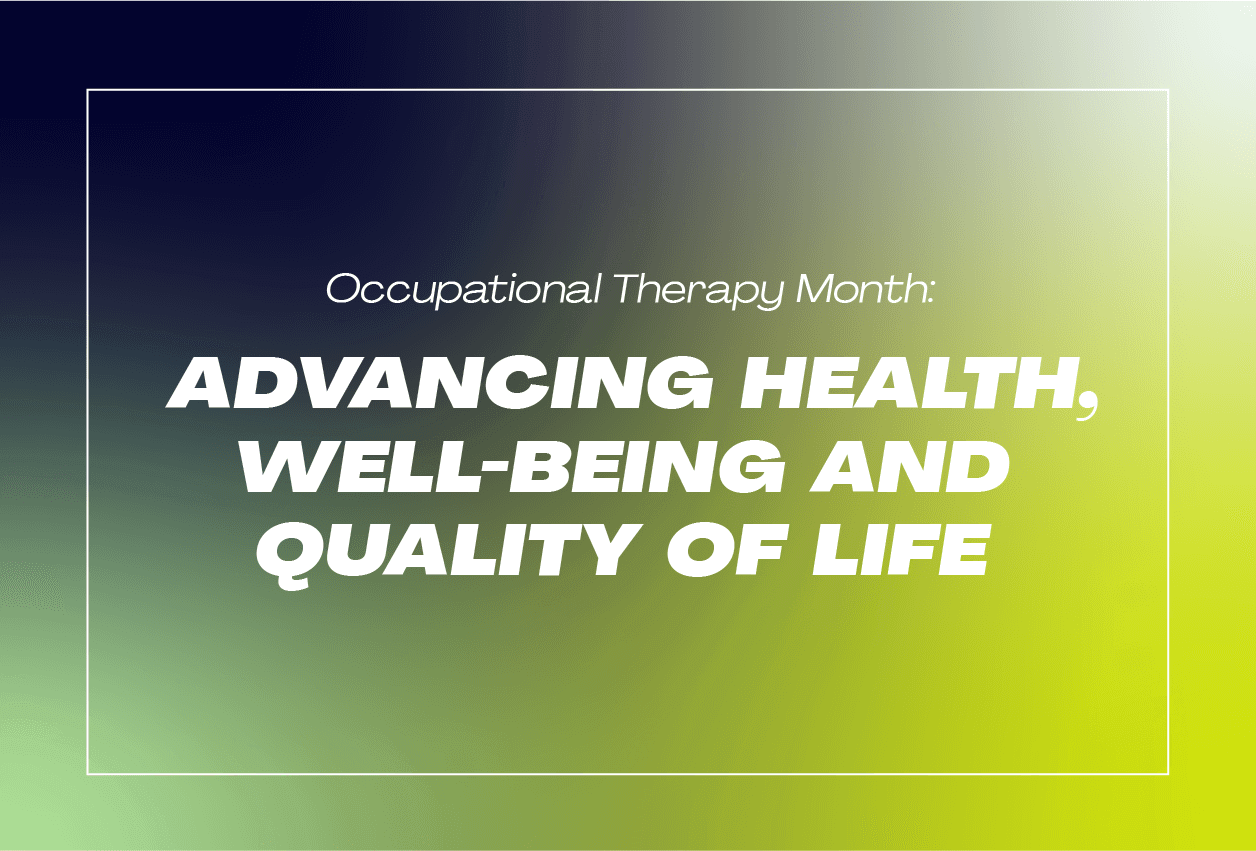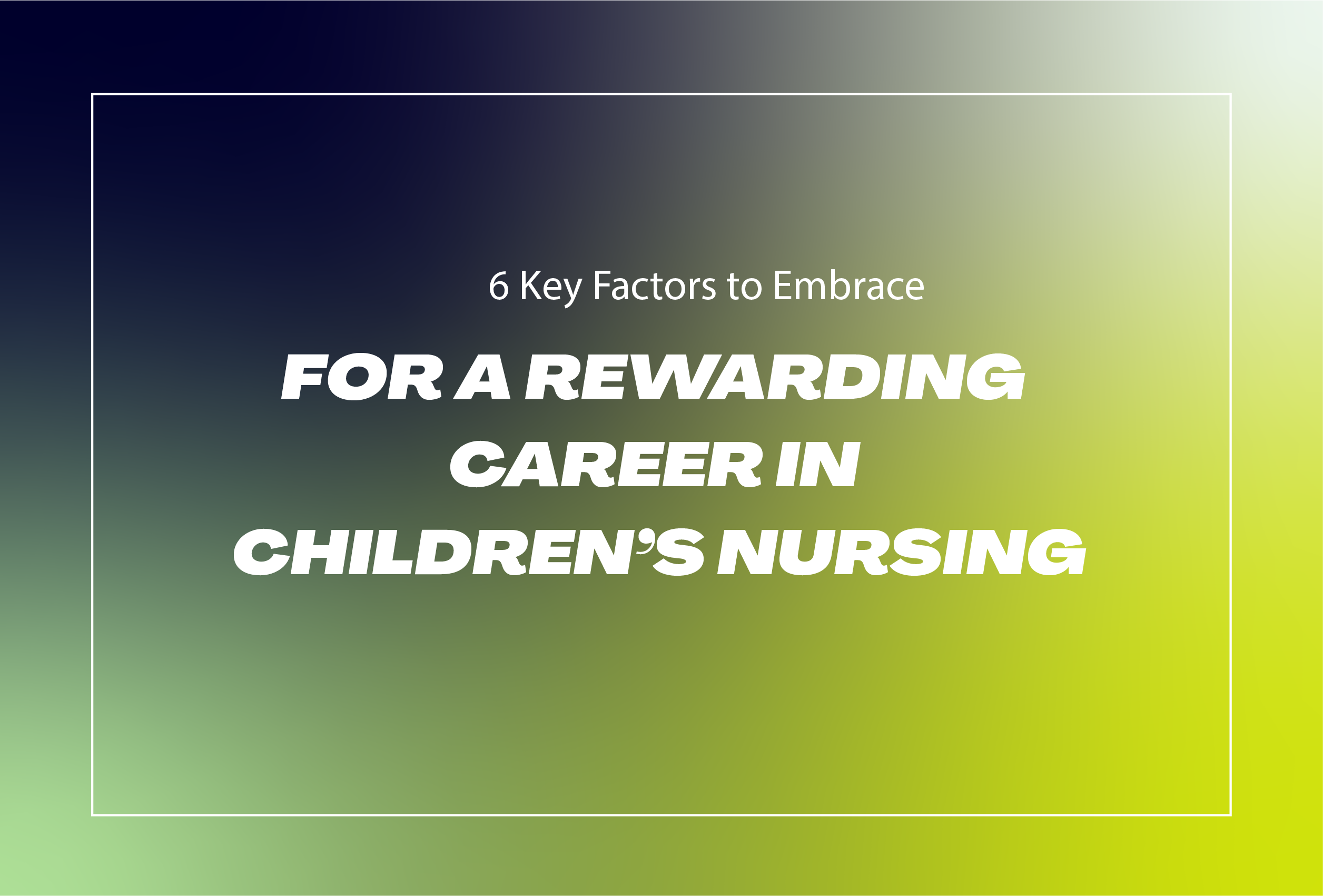By Rachel Lamb . 27/04/2017 · 8 Minute read
Congratulations, you’ve secured yourself an interview! Now what’s next? Interviews hinge on proper preparation and sometimes how you prepare for a meeting can dictate if you get the job or not.
Type of Interview
This may sound self-explanatory; however, it is crucial to find out and assess what type of interview will be conducted. Ask your recruiter and talk over how best to plan and prepare. Most likely, you will be having a formal/traditional interview, comprised of experienced based questions, including technical and characteristic sections. These interviews are usually quite conversational, depending on the interviewer.
However, some interviews can also be Competency Based (CBI’s). So, what’s the difference between a normal interview and a CBI? Normal interviews are free flowing and unstructured, much like a conversation (as explained above). Competency Based Interviews are much more psychological and are more scripted than a traditional interview. Questions are usually framed to reveal answers and give the interviewer an insight into a candidate’s qualities and capabilities.
Most Competency Based Interview questions start with:
- Tell me about a time when…
- When did you…
- Describe a time when you…
To prepare for this type of interview, you need to prepare examples of typical questions an interviewer could ask. Remember, in any sort of any interview it is imperative the interviewer walks away from the meeting confident in your past experiences and skill set. The best way to do this is to answer all questions detailing examples of when you last used that skill/method. For an example, please see below:
Question:
Tell me about a time when you… provided excellent customer service?
Answer:
In July of this year, I went above and beyond for an elderly patient who was confused and wanted to know more information about her eye examination. I helped her understand the process, explained the equipment and showed her what each result meant. She was so happy with the service she called my manager the next day and gave me a glowing review!
If you used that answer, you would have explained exactly what the problem was, how you solved it/action you took and what the result was. See below:
Situation:
Elderly patient confused and apprehensive about eye examination.
Action:
Explained the process to patient, showed her all equipment and results and talked though the entire process with her.
Result:
The patient was so happy she called the manager of the clinic the next day and gave a glowing review.
Likely Interview Questions
In all types of interview, you should expect the following types of questions – they are the most common questions we usually see asked by interviewers:
- Why are you leaving your current job?
- What do you think of your current/past employer?
- What are your strengths and weaknesses?
- Where do you see yourself in five years’ time?
- What do you want to gain in joining the company?
- Why do you want this job?
What are your strengths and weaknesses?
For a question like this, you need to understand what kind of response your prospective employer wants to hear. When answering, try to use a strength that is a characteristic trait, rather than a clinical/technical skill. The reason for this is that a characteristic trait is hard to change and is normally an inherent part of who you are. Thus, if you say you are organised and have a high level of attention to detail, it is unlikely that kind of strength will change over time.
A weakness such as clinical/technical skill is a good idea. This is because, you can easily learn a skill or technique – it can be changed/learned. However, saying that you are disorganised is something that is hard to change and harder for the new employer to work with.
Stick to skills that can be learned for weaknesses and characteristic traits that are hard-wired to you for strengths.
What do you think of your current/past employer?
We see this quite frequently as a stumbling block for a variety of candidates. An interview is a place to impress and prove the experience that is on your CV. An interviewer doesn’t want you to moan/complain too much about any past employers.
Explaining your situation is fine; however, when the criticism of your past employment gets personal, it doesn’t come across as professional and/or indicative of a potential good employee. After all, who wants to hire someone who finds reasons to moan?
Why do you want this job?
This is quite a broad ranging question but it’s also a great opportunity to show how much you want and will suit the job. Use this question as an opportunity to showcase your researched knowledge on the company and their progression plans/career ladder.
Use your stats from your current employer to show worth and how you can add value. This is specifically important for private clients.
Your knowledge on what the company is looking for will show through if you answer this question correctly.
Your consultant can discuss these questions with you and go through everything in a lot more detail.
Questions
Asking questions as a candidate at an interview can be daunting; however, they are imperative for building a good relationship and impression with the interviewer. I have listed some good questions below to ask – remember that these will vary depending on what you learn during the interview.
- Why did you join the company?
- Why is XYZ better than their competitors?
- What is the next step from here?
- What would my day to day job look like?
Try and find out what the company is like; get the interviewers opinion rather than the normal PR view from the company’s website. It may also flatter the interviewer to ask about why they took the position with the firm originally, which will leave them thinking positively about you when the interview ends.
Counter Offer
Great! So, you performed well at the interview, got the offer you wanted and verbally accepted the job. You are in the process of signing the written contract. What is going to happen when you come to resign?
- How are your employers going to react?
- How much notice do you have to work?
- Will they call for an exit interview?
- What if they counter offer you?
Google the phrase “counter offer”. The results should be enough to tell you that accepting a counter offer is never a wise move. In most cases, an employer will offer you a counter offer to keep you at the company because they haven’t got a replacement for you… yet!
Nearly 67% of people who accepted a counter offer from their employer ended up moving jobs 6 months later. Below are some reasons for not accepting a counter offer:
- Trust will be gone – How are your employers supposed to trust you again and give you their full confidence?
- Lose your reputation – Accepting a counter offer after you have just decided to move jobs is contradictory and tars you as being indecisive.
- Sealing your fate - You may not know it yet, but your employers will start considering replacements for you just in case and may only keep you employed for a short while whilst they find your replacement. Everyone is replaceable. Remember, most people leave the role they accept a counter offer for after 6 months.
- Moving jobs is not just about more money – Think about why you decided to leave your job. Those problems are still going to be there, just with a slightly better salary.
If you would like any further help preparing for your interview, resigning or dealing with a counter offer situation, please contact your consultant by calling 020 7220 0811.









